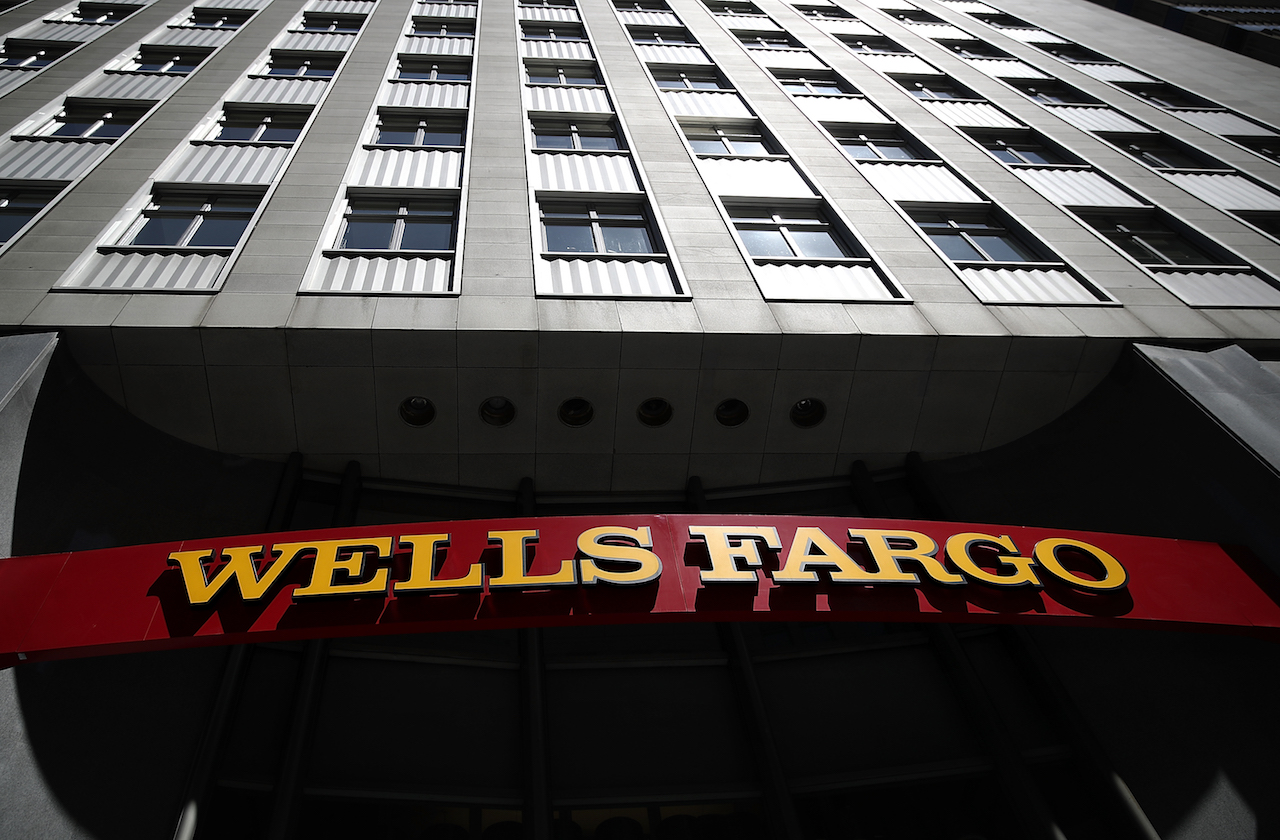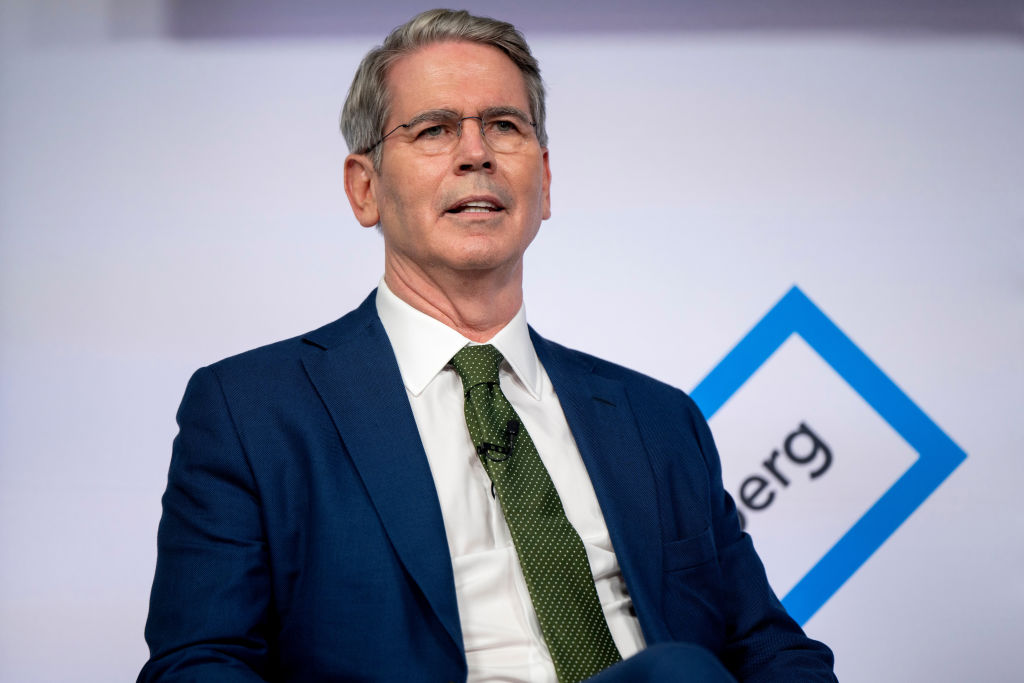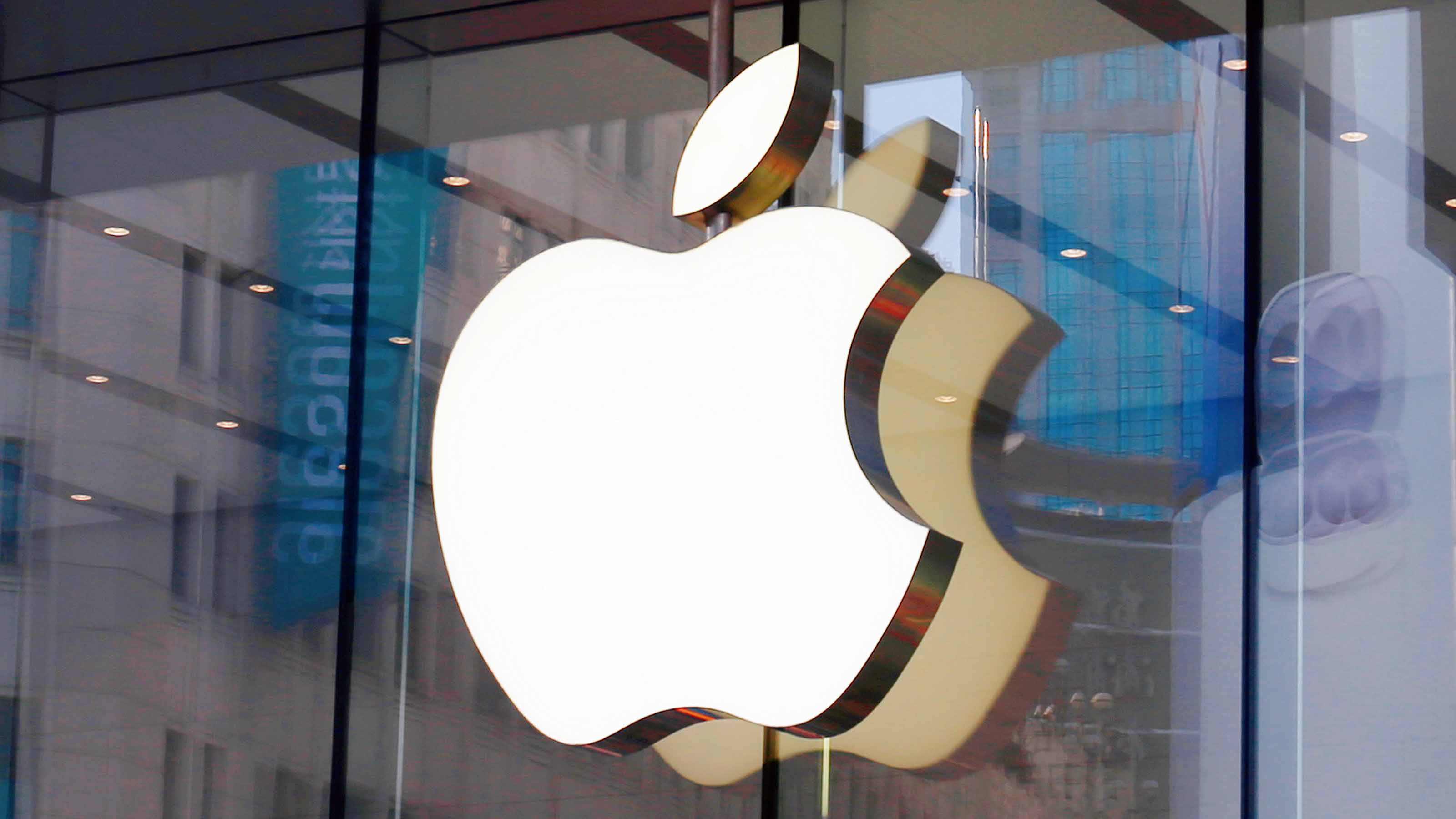Profit and prosper with the best of Kiplinger's advice on investing, taxes, retirement, personal finance and much more. Delivered daily. Enter your email in the box and click Sign Me Up.
You are now subscribed
Your newsletter sign-up was successful
Want to add more newsletters?

Delivered daily
Kiplinger Today
Profit and prosper with the best of Kiplinger's advice on investing, taxes, retirement, personal finance and much more delivered daily. Smart money moves start here.

Sent five days a week
Kiplinger A Step Ahead
Get practical help to make better financial decisions in your everyday life, from spending to savings on top deals.

Delivered daily
Kiplinger Closing Bell
Get today's biggest financial and investing headlines delivered to your inbox every day the U.S. stock market is open.

Sent twice a week
Kiplinger Adviser Intel
Financial pros across the country share best practices and fresh tactics to preserve and grow your wealth.

Delivered weekly
Kiplinger Tax Tips
Trim your federal and state tax bills with practical tax-planning and tax-cutting strategies.

Sent twice a week
Kiplinger Retirement Tips
Your twice-a-week guide to planning and enjoying a financially secure and richly rewarding retirement

Sent bimonthly.
Kiplinger Adviser Angle
Insights for advisers, wealth managers and other financial professionals.

Sent twice a week
Kiplinger Investing Weekly
Your twice-a-week roundup of promising stocks, funds, companies and industries you should consider, ones you should avoid, and why.

Sent weekly for six weeks
Kiplinger Invest for Retirement
Your step-by-step six-part series on how to invest for retirement, from devising a successful strategy to exactly which investments to choose.
One slice of the economy isn't complaining about the credit crisis: book publishing. The printing presses are smoking as every week brings to bookstore shelves a new take on how and why we got into this mess.
Some seem like rush jobs. Kevin Phillips, former Nixon strategist and author of best-selling American Theocracy, tries his hand at finance with Bad Money: Reckless Finance, Failed Politics and the Global Crisis of American Capitalism. But the book's distinctive mix of history, politics and economics is full of loose ends and half-baked ideas -- not the least of which is a sort-of accusation that Washington is in cahoots with Wall Street to grant the financial sector supremacy over all other sectors. Is this true? Phillips says he has "no personal firsthand knowledge," and besides, he won't look into it in part because he says he doesn't want to be sued. Weak.
Harry S. Dent Jr. does his charts-and-trends shtick for a gloomy tome titled The Great Depression of 2010-2012. Let's hope he's as accurate as he was with his 2004 forecast that the Dow would hit 40,000. The first manuscript of his new book, which is due out in December, carried the title The Great Crash of 2009-2010. That underscores how tough it's been for authors to keep up with current events. Many of the books are peppered with the phrase, "As this book goes to press ..."
From just $107.88 $24.99 for Kiplinger Personal Finance
Become a smarter, better informed investor. Subscribe from just $107.88 $24.99, plus get up to 4 Special Issues

Sign up for Kiplinger’s Free Newsletters
Profit and prosper with the best of expert advice on investing, taxes, retirement, personal finance and more - straight to your e-mail.
Profit and prosper with the best of expert advice - straight to your e-mail.
Both of these books terrify and confuse. But in trying times such as these, what's needed is cool and cogent analysis. Our list of the year's best money books starts with a slim volume written by a cool customer.
Deflating the bubble. Robert Shiller's expertise on financial bubbles and the U.S. housing market gives him a unique vantage. His book Irrational Exuberance warned of the bubble in tech stocks not long before they began a long and painful slide, and Standard & Poor's/Case-Shiller Home Price indexes are the standard in tracking home-price changes. In his latest book, The Subprime Solution: How Today's Global Financial Crisis Happened and What to Do About It (Princeton University Press, $17), he briefly but deftly dissects how easy credit, lack of government oversight and human behavior allowed the subprime bubble to inflate.
Shiller's understanding of human behavior is the book's genius, both in the diagnosis and the proposed cures. Shiller compares the buoyant optimism about housing prices to a social contagion that became an epidemic and overwhelmed rational thinking. The best medicine to combat such bad behavior, Shiller says, is to teach average people -- whom he calls the household sector -- sound financial principles. Otherwise, he suggests, they'll continue to "limp along with practically medieval financial insight."
He also proposes a safety commission for financial products, modeled after the Consumer Product Safety Commission; more and better financial disclosure; and a derivatives market in real estate that would allow investors to sell property short to help burst speculative bubbles before they become too dangerous.
A more detailed look at the crisis comes from economist Mark Zandi, co-founder of Moody's Economy.com. His Financial Shock: A 360¡ Look at the Subprime Mortgage Implosion and How to Avoid the Next Financial Crisis (FT Press, $25), delves deeply into the history of the mortgage market, the bad loans, the globalization of trashy subprime paper and how homebuilders ran amok.
[page break]
Zandi's analysis is eye-opening. For example, he dissects the fragmented regulation that left gaps in the oversight of subprime lenders, and he describes how the $8 trillion in housing wealth created during the boom years pumped up the economy by spurring $75 billion a year in extra consumer spending. His recommendations aren't as inspired as Shiller's, but he paints an impressive, more nuanced picture.
Zandi and Shiller are economists, and their writing is a bit bloodless. What's missing are the personalities behind the bubble and the down-and-dirty details of who did what when -- and why. For those, read Chain of Blame: How Wall Street Caused the Mortgage and Credit Crisis (Wiley, $28). Paul Muolo, executive editor of National Mortgage News, and Mathew Padilla, a business reporter for the Orange County Register, follow the rise and fall of Angelo Mozilo, "the Bronx-born, perpetually tanned CEO and co-founder of Countrywide Financial Corp., America's largest home-mortgage lender."
Woven into the tale are such characters as Roland Arnall, "the Johnny Appleseed of subprime," and a host of bankers, regulators and politicians -- all wrapped in a neat, incestuous package.
Reader, heal thyself. Americans worry plenty about their lack of savings, says Ronald Wilcox, a professor of business administration at the University of Virginia. That much seems straightforward enough. The fun is in deciphering why we've become such poor savers and what we can do to change.
In Whatever Happened to Thrift? Why Americans Don't Save and What to Do About It (Yale University, $30), Wilcox punctures some big myths. For example, you might assume that poorly educated, low-income workers have the most debt. But it's actually well-educated people with modest incomes who are most strapped. "Trying to be an active member of the cognoscenti costs money," he says.
Of course, the biggest stumbling blocks are internal, not external. Wilcox probes the psychology of saving and debt, and he offers some logical, and some ingenious, solutions for saving more, such as how to use psychological quirks to your advantage.
Becoming a better saver takes introspection. But for a total retooling of how you think about money, read It's Not About the Money: Unlock Your Money Type to Achieve Spiritual and Financial Abundance (HarperOne, $25). Despite the title, this book is not a flaky exercise in how to live happily with less. Author Brent Kessel is a successful financial planner and yoga practitioner who has adapted Buddhist philosophy to identify eight financial archetypes that can aid your understanding of how you relate to money -- and help you make more of it.
Each model has both positive and negative attributes. Idealists may have vision and compassion, but they also tend to ignore money issues. Empire builders may be innovative and decisive, but they can never have enough. Kessel uses anecdotes to illustrate these archetypes, and for each he offers investment strategies to bring prosperity and, yes, contentment.
The bubble in 58 minutes
If you're too busy for a book but want the credit-bubble basics, listen to an outstanding episode of This American Life, from Chicago Public Radio. The show, titled "The Giant Pool of Money," contains interviews with subprime-mortgage prey, pimps and purveyors, and answers the question, What were they thinking? Listen for free or download the May 9, 2008, episode for 95 cents at www.thislife.org.
Profit and prosper with the best of Kiplinger's advice on investing, taxes, retirement, personal finance and much more. Delivered daily. Enter your email in the box and click Sign Me Up.

-
 Dow Adds 1,206 Points to Top 50,000: Stock Market Today
Dow Adds 1,206 Points to Top 50,000: Stock Market TodayThe S&P 500 and Nasdaq also had strong finishes to a volatile week, with beaten-down tech stocks outperforming.
-
 Ask the Tax Editor: Federal Income Tax Deductions
Ask the Tax Editor: Federal Income Tax DeductionsAsk the Editor In this week's Ask the Editor Q&A, Joy Taylor answers questions on federal income tax deductions
-
 States With No-Fault Car Insurance Laws (and How No-Fault Car Insurance Works)
States With No-Fault Car Insurance Laws (and How No-Fault Car Insurance Works)A breakdown of the confusing rules around no-fault car insurance in every state where it exists.
-
 Why Wells Fargo's Revenue Miss Isn't Worrying Wall Street
Why Wells Fargo's Revenue Miss Isn't Worrying Wall StreetWells Fargo is one of the best S&P 500 stocks Wednesday even after the big bank's top-line miss. Here's what you need to know.
-
 Constellation Energy Stock Soars on Its $26 Billion Buy. Here's Why Wall Street Likes the Deal
Constellation Energy Stock Soars on Its $26 Billion Buy. Here's Why Wall Street Likes the DealConstellation Energy is one of the best S&P 500 stocks Friday after the utility said it will buy Calpine in a cash-and-stock deal valued at $26 billion.
-
 What Scott Bessent's Treasury Secretary Nomination Means for Investors
What Scott Bessent's Treasury Secretary Nomination Means for InvestorsMarkets are reacting positively to Trump's nomination of Scott Bessent for Treasury secretary. Here's why.
-
 TJX Stock: Wall Street Stays Bullish After Earnings
TJX Stock: Wall Street Stays Bullish After EarningsTJX stock is trading lower Wednesday despite the TJ Maxx owner's beat-and-raise quarter, but analysts aren't worried. Here's why.
-
 Cisco Stock: Why Wall Street Is Bullish After Earnings
Cisco Stock: Why Wall Street Is Bullish After EarningsCisco stock is lower Thursday despite the tech giant's beat-and-raise quarter, but analysts aren't concerned. Here's what you need to know.
-
 Apple Stock Slips After Earnings. Wall Street Isn't Worried
Apple Stock Slips After Earnings. Wall Street Isn't WorriedApple stock is trading lower Friday despite the iPhone maker beating expectations for its fiscal fourth quarter, but analysts are still bullish.
-
 Tesla's Robotaxi Event: What Wall Street Expects
Tesla's Robotaxi Event: What Wall Street ExpectsTesla’s robotaxi event kicks off next week. Here’s what Wall Street expects to see and how analysts feel about the stock heading into the event.
-
 Dell Stock: Wall Street Sees More Upside After Earnings
Dell Stock: Wall Street Sees More Upside After EarningsDell stock is higher Friday after the PC maker beat Q2 expectations, but analysts think there's more room to run. Here's what you need to know.
